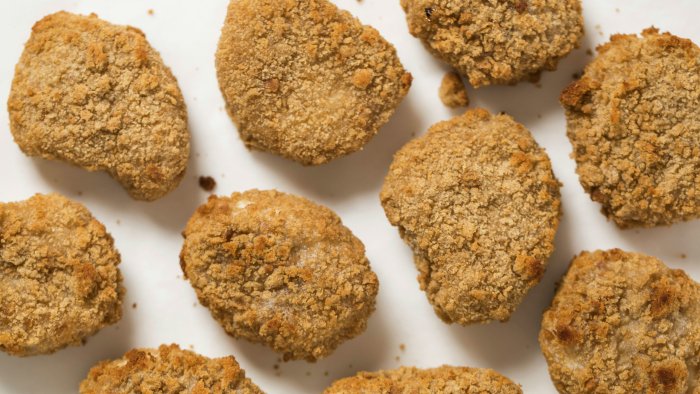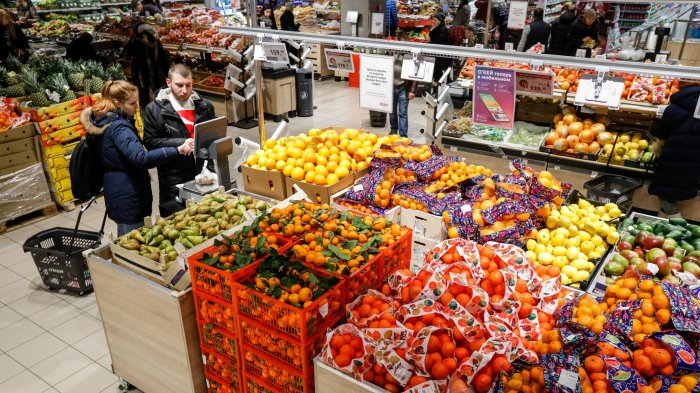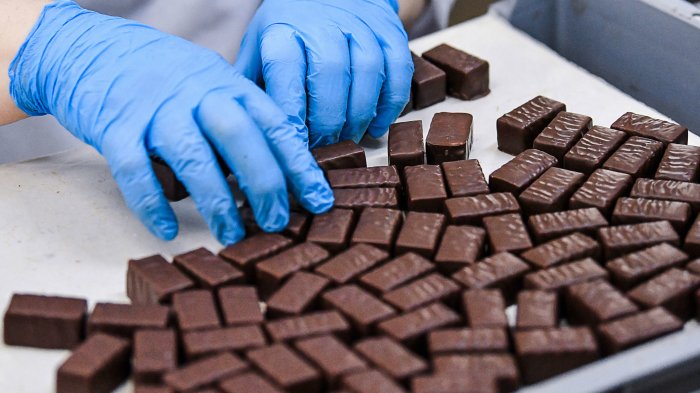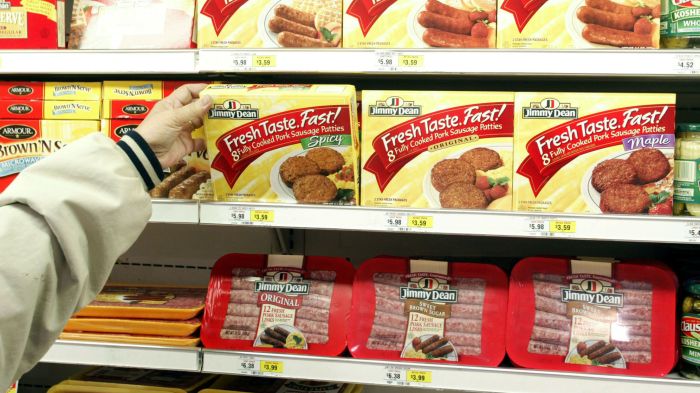The FDA announced a dog food recall Monday affecting at least a dozen products link to excessive, possibly lethal levels of vitamin D.
“The U.S. Food and Drug Administration is investigating the presence of elevated, potentially toxic levels of vitamin D in several dry pet foods,” reads the FDA’s recall alert.
Owners issued complaints that canines eating certain dog food experienced vitamin D toxicity. FDA test results showed that samples of several popular brands have up to 70 times the vitamin D levels considered safe to consume.
This is an ongoing investigation.
Dog food recall: affected brands
The brands affected by this dog food recall reportedly buy their products from the same manufacturer.
“The FDA is working with the contract manufacturer to provide a comprehensive list of affected brands,” the dog food recall alert states. The agency warns retailers against selling the recalled food.
Recalled products, sold nationwide, include Nutrisca’s Chicken and Chickpea Dry Dog Food with best by dates ranging from February 25, 2020 through September 13, 2020, Natural Life Pet Products’ Chicken & Potato Dry Dog Food with best by dates ranging from December 4, 2019 through August 10, 2020 and bags of Abound Chicken and Brown Rice Recipe Dog Food sold at Kroger.
Find the full list of products, currently totaling to a dozen, on the FDA website.
What does toxic vitamin D do to dogs? What are the symptoms?
Dr. Susan O’Bell of Angell Animal Medical Center tells Metro that high levels of vitamin D can result in calcium imbalances in dogs and, in severe cases, kidney failure.
“Symptoms might seem vague at first, such as lethargy, and/or gastrointestinal symptoms such as vomiting, lack of appetite or diarrhea,” she says. “Excessive thirst and urination are also symptoms to watch for and report to your veterinarian.” View more symptoms on the FDA website.
Initial signs can occur anywhere from eight to 48 hours after ingestion, reports vcahospitals.com.
Vitamin D is essential for maintaining a calcium balance in the body, vcahospitals.com further explains. “Calcium is important for normal heart, muscle, and nerve function in addition to bone formation. When a toxic dose of vitamin D is ingested, it causes an abnormal balance of calcium and phosphorus, leading to deadly consequences.”
Treatment depends on how soon your dog is seen by a vet and could include gastrointestinal decontamination, aggressive fluid administration and restricting calcium from your dog’s diet.

When to contact your vet
The FDA says pet owners whose canines show vitamin D toxicity symptoms should contact their local vet immediately. For how to issue a Pet Food Complaint, click through to the agency’s website.
“Any pet owner should check all foods and treats they are giving to their pets to see if they are involved in this recall,” O’Bell further advises. “If they are on the recall, or if they are not sure, they should contact their veterinarian for guidance. If their dogs have been consuming foods involved in this particular recall I would seek veterinary guidance regardless of whether or not their dogs are currently showing symptoms.”
And, it’s always a good idea to keep your vet up to date with what brand of dog food you’re giving your canine, she stresses.
“Many dog foods are touched by recalls at some point or another,” O’Bell concludes, “so feel free to sign up for e-mail notifications of recalls, and be sure to keep a current photo of the brand of food you feed to your pets so you can readily check if your food might be involved in a recall.”
Protect your pups!
























